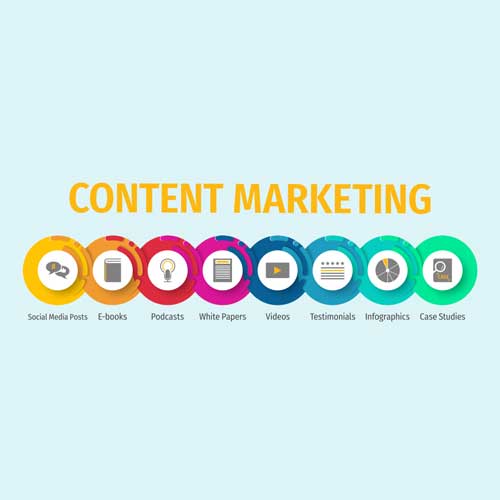A crucial element for any business's success, irrespective of the industry, is the necessity to assess both online and offline performance in relation to competitors.
Consider the following:
- Does your company's marketing collateral surpass the competition?
- Where does your business fall short?
- Which social media platforms are most competitors utilizing?
- Does your competitor's website rank higher in search results, potentially attracting more visitors and sales?
- Are competitors leveraging paid advertising services (like Google Ads, Facebook Ads, etc)?
To ascertain whether a company is keeping pace with, falling behind, or surpassing the competition, it's essential to examine some fundamental online and offline marketing elements.
When investigating the competition, two basic comparisons should be made: a comprehensive marketing comparison and an online-web-related comparison.
Comprehensive Marketing Comparison Factors
To ensure your company's marketing budget is effective and yielding the best return on investment (ROI), the following basic factors for industry competitors should be regularly evaluated and reviewed:
- Brand Identity
Do they have a unified brand and identity that effortlessly integrates all aspects of the company?
(Are all aspects of the company's marketing materials appropriately branded to collectively demonstrate to the customer how the company's product/service will solve their problem?)
- Incentives & Specials
Does the competition offer online/offline only specials, or incentives for conducting business?
(Offering incentives can sometimes persuade prospects towards conducting business using one medium over another.)
- Ad Mediums
What methods of marketing and advertising (whether online & offline) do they use?
(Do they advertise in offline print, coupon magazines, postcards, as well as online website, social media, etc?)
- Digital Advertising
Do they utilize online paid advertising such as Google Ads, Facebook Ads, or other media advertising?
(Researching what paid advertising systems work for the company's industry will help to know where advertising dollars are best spent.)
- Mixing Online & Offline Ads
Do they use offline media (such as print postcards) in correlation with online marketing automation or in-person marketing for a greater reach & conversion potential?
(Often mixing traditional advertising such as postcards, as follow-up to online ads, in-person meetings, or other campaigns helps to increase the likelihood of gaining new business.)
- Retargeting Opportunities
Are competitors in the area utilizing Display network advertising, and other Remarketing strategies?
(Using remarketing and retargeting campaigns can help to improve follow-up and improve sales conversions.)
- Online Presence
Is the competition listed in legitimate directories or related industry vendor sites with links to their website?
(Such external links from recognized legitimate websites to the competitor's can help improve search engine optimization.)
- Social Platform Utilization
Does the competition utilize social media such as Facebook, Twitter, LinkedIN, Alignable, Pinterest, Instagram, etc?
(The social medias to use greatly depend upon the industry of the company, and how customers interact with industry related social medias.)
- Video Advantages
Do they utilize video, and/or video social medias such as YouTube?
(According to Forrester Research, ads that use video have a 200-300% increase in click-through rates. Therefore, it's important to evaluate if your competitors are leveraging video content in their marketing strategies!)
Each industry is different, and there are numerous other areas that could be pertinent to reviewing how the competition handles certain marketing factors.
Online-Web-Related Comparison Factors
When it comes to online presence, the following factors should be considered:
- Website Design:
Is the competitor's website user-friendly and easy to navigate? Does it have a modern and appealing design? Is it mobile-friendly? These factors can greatly influence a visitor's experience and their likelihood to convert into a customer.
- Website Content:
Does the competitor's website provide valuable and relevant content? Is the content regularly updated? High-quality content can improve a website's search engine ranking and attract more visitors.
- SEO:
Are competitors using SEO strategies to improve their website's visibility on search engines? This includes keyword optimization, meta descriptions, and backlinks.
- Social Media Presence:
Are competitors active on social media platforms? Do they engage with their audience regularly? Social media can be a powerful tool for brand awareness and customer engagement.
- Email Marketing:
Do competitors use email marketing to communicate with their customers? This can be an effective way to keep customers informed about new products, promotions, and company news.
- Paid Advertising:
Are competitors using paid advertising to reach a wider audience? This includes Google Ads, Facebook Ads, and other online advertising platforms.
By evaluating these factors, businesses can gain a better understanding of their competitors' strategies and identify areas where they can improve or differentiate themselves. This can help them stay competitive and attract more customers.
To Wrap It Up
Understanding your competitors' web, marketing, and content strategies is crucial for your business's success. By regularly evaluating these factors, you can stay ahead of the competition and ensure your business continues to grow.













